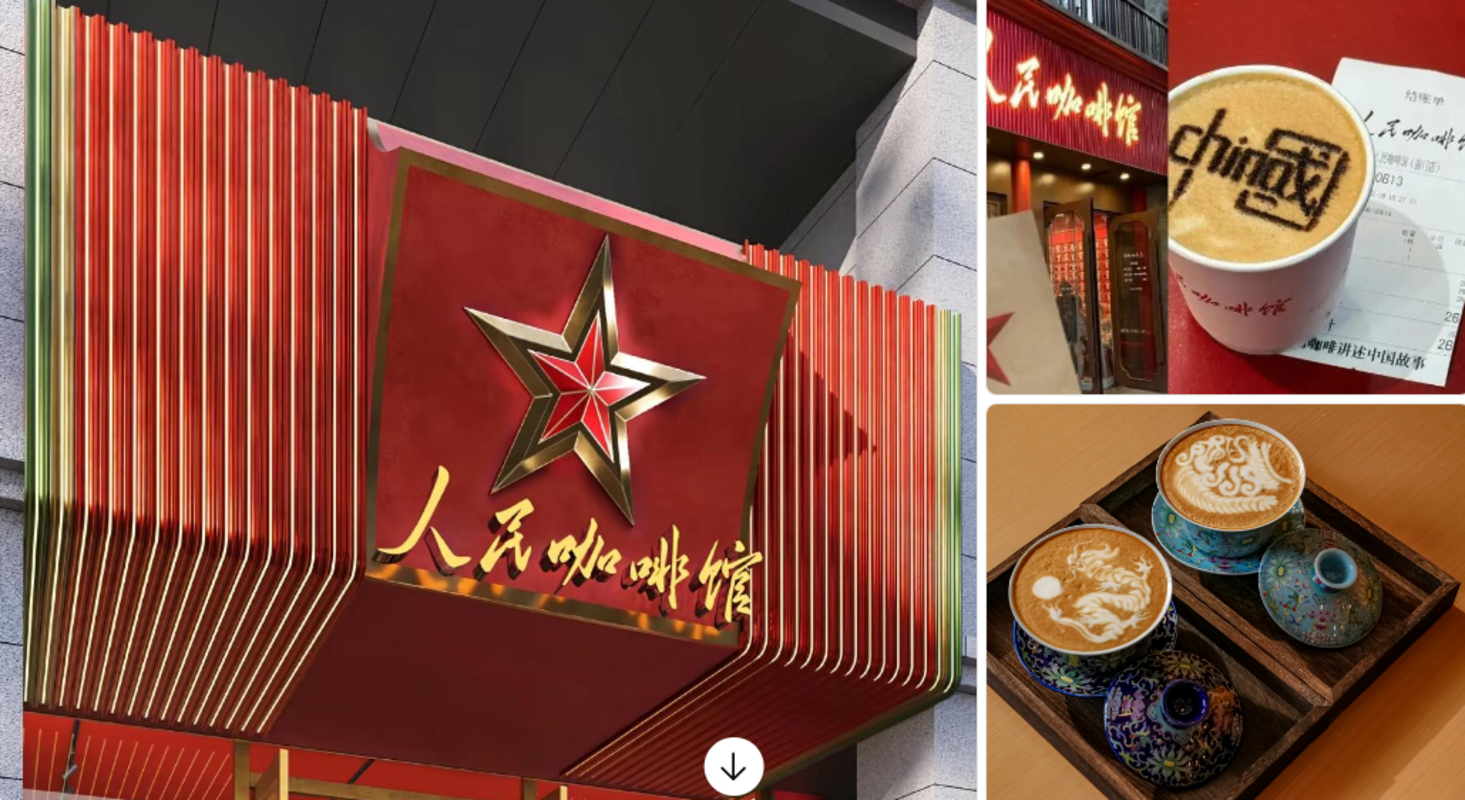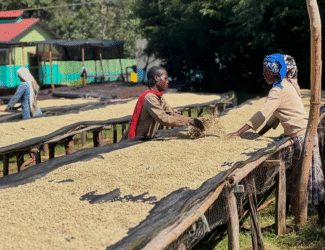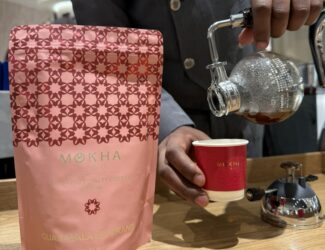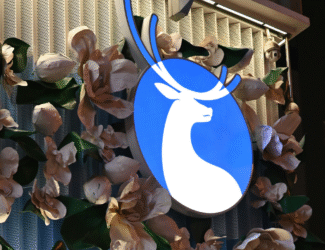
Chinese Coffee Chain Faces Backlash Over “People’s Cafe” Name, Issues Public Apology
Beijing – Qahwa World
A Chinese coffee chain has ignited a nationwide debate after state media accused it of crossing a sensitive boundary by naming its outlets “People’s Cafe,” a term deeply tied to the country’s political and social identity.
The café brand, operated by Yao Chao (Shanghai) Cultural Communication Co., became known for its bright red interiors, star-shaped decorations, and signage styled after the handwriting of Mao Zedong, China’s first communist leader. What began as a bold design choice quickly turned controversial when major outlets such as People’s Daily and China Daily criticized the use of the word “People” — or “Renmin” in Mandarin — for commercial purposes.
In China, the term holds powerful symbolic value. It appears in the country’s official name, the People’s Republic of China, and in many state institutions including the People’s Liberation Army and the People’s Bank of China. People’s Daily described the word as representing collective values and national sentiment, warning that it “must not be profaned or reduced to a marketing gimmick.”
The café had promoted slogans such as “Tell China’s Story with Coffee” and offered drinks sprinkled with the word “China” on top. Images of its branches quickly spread across social platforms, attracting both curiosity and criticism. Some admired its patriotic aesthetic, while others accused it of exploiting national symbols for profit.
After days of public scrutiny, the company issued a formal apology on social media. “We extend our sincerest apologies to every customer who felt uncomfortable,” the statement read. “After careful reflection, we have decided to restore the original full name — Yao Chao People’s Cafe — for all mainland stores.” The brand confirmed that the change would apply to its nearly 30 outlets across 18 provinces, while branches in Hong Kong, Macao, and overseas would continue to operate under the original name People’s Cafe.
Reaction among internet users was mixed. On Weibo, one commenter wrote, “It’s just a café, but it touched a very sensitive word.” Another asked whether using politically charged terms in brand names might violate regulations.
The incident unfolds amid an increasingly competitive coffee market in China, where domestic players like Luckin Coffee and Cotti Coffee are expanding rapidly, challenging foreign giants such as Starbucks. As the market grows, brands are experimenting with identity and storytelling to attract younger consumers. The People’s Cafe case has now become a cautionary example of how creativity in branding can collide with cultural and political sensitivities in China’s fast-evolving coffee scene.
“Marketing can be innovative,” wrote People’s Daily, “but it must not overstep the bottom line.”






